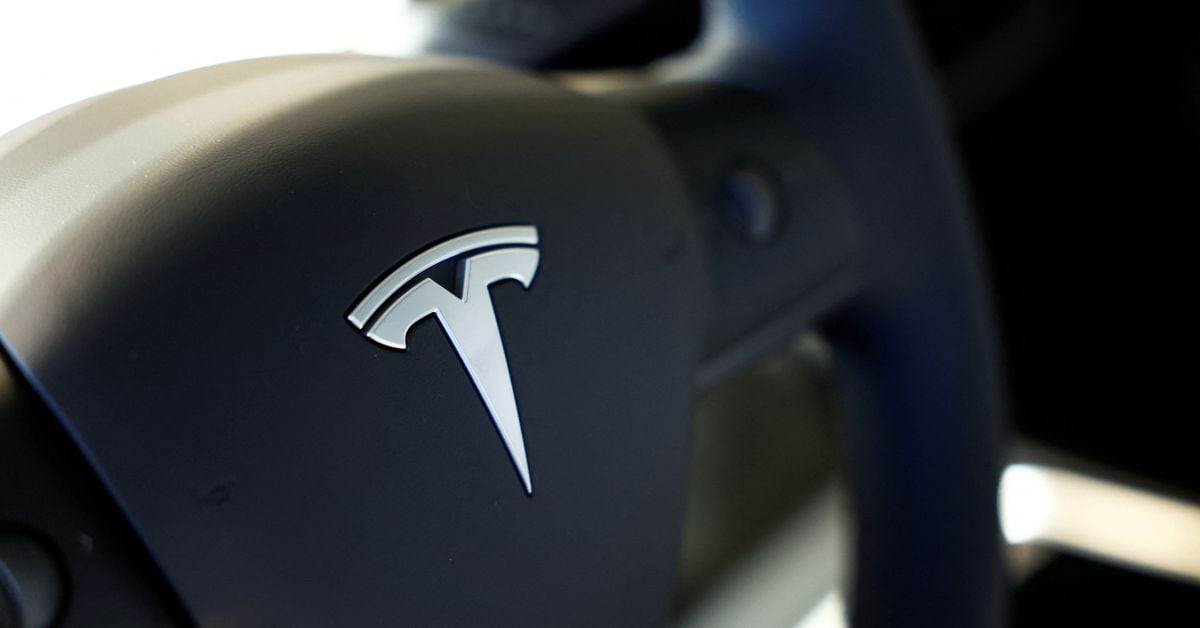Tesla beats lawsuit claiming it monopolizes repairs, parts::A U.S. judge dismissed an antitrust lawsuit accusing Elon Musk’s electric car company Tesla of forcing customers to pay high prices and suffer long waits for repairs by monopolizing the markets for vehicle maintenance and replacement parts.



That’s reversing the burden of proof, you can’t prove a negative.
Also this:
That’s a clear case of blaming the victim.
It’s like that case where Elon Musk gets off, calling a rescuer a pedophile because he is butthurt. This reeks of corruption in the courts.
I really don’t get how judges are allowed to have a political affiliation in the US. Everyone has a right to their own political beliefs but politicians shouldn’t be appointing judges at all imo, that just leads to bias or making favourable decisions due to “politics”
Corruption or rank incompetence and ignorance of how the law works. Either way, that judge should definitely be investigated.
The burden of proof is on the accuser. This is a court, not an academic debate.
The terms were unfair, in part because you were not informed. You cannot prove you were not informed.
The opposition can easily show to what degree they inform customers.
I suppose even courts use some sort of reason?
It’s not about being informed; it’s about general knowledge.
If it were about being informed, the plaintiff could attest “I was not informed” which would be reasonable in a court as they’re talking about what they have direct experience of. But they defence is saying “you may not have been specifically informed, but you should have known anyway because it was in the news.”
The plaintiffs did not say “there was no general awareness of these problems” - had they done so, maybe that would have been sufficient, or more likely they would have needed to enter evidence like statements from a sufficiently broad body of customers. But they didn’t do that, so they didn’t contest the argument which the judge decided was at least enough if was true.
The real question here is whether “general awareness of issues” is enough to defend cases like these.